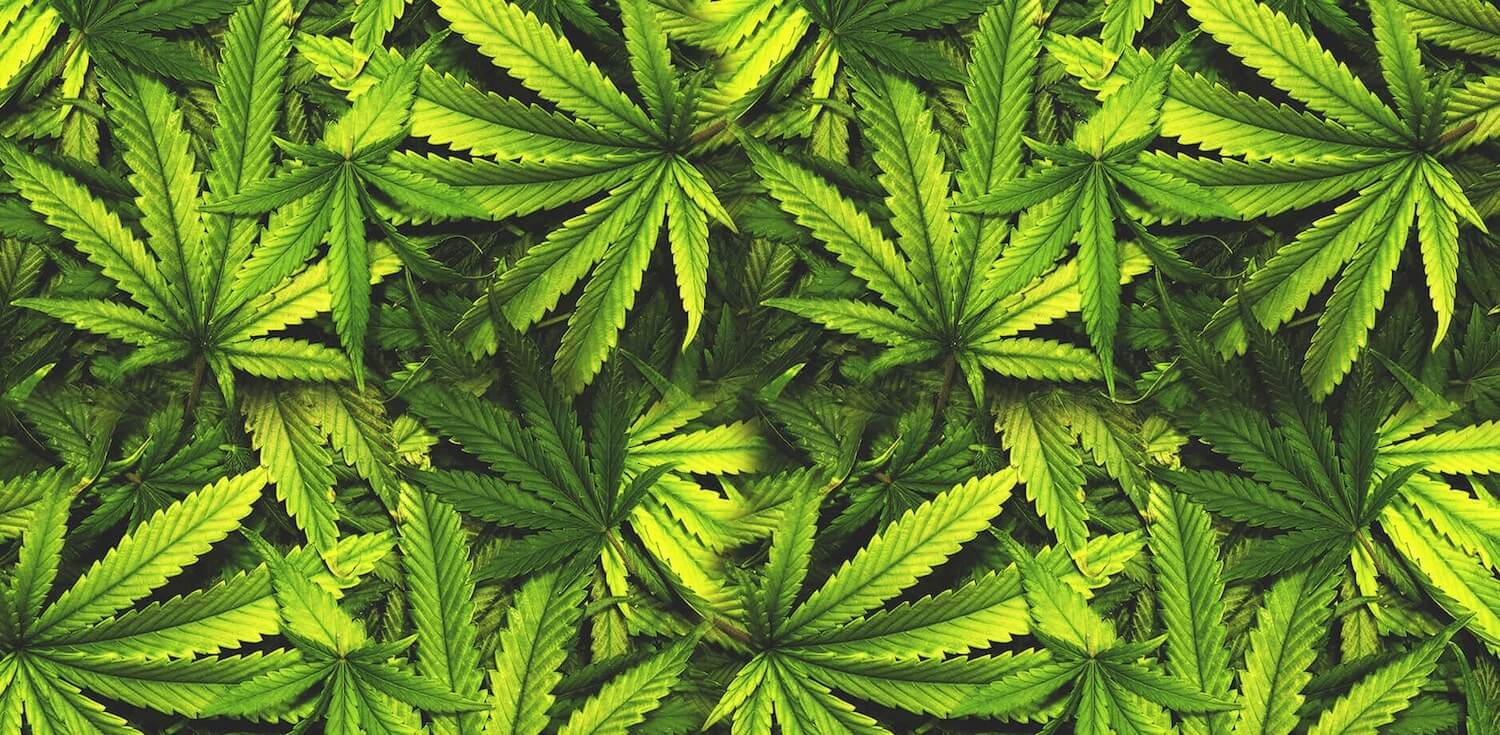Your cart is currently empty.

For years cannabis consumers have enjoyed the euphoric, calming effects of nature’s flower, allowing users to experience blissful, customizable highs depending on the strain and THC percentage they ingest. Though sky-high trips continue to draw people to the green leaf, users and manufacturers alike have begun experimenting with different ways to consume and enjoy marijuana. As of late, some have started using CBD —one of the many components that make up the cannabis plant—as a non-intoxicating, stress-reducing agent.
Despite perspective-fogging misconceptions that THC and CBD are derived from different plants, both are marijuana extracts that serve unique purposes depending on consumer needs. Unfortunately, because of the overlap and muddled understanding of the two substances, there is still widespread confusion and stigma associated with both compounds. If you’re looking to understand key distinctions between CBD and THC, read on for a guide on their fundamental differences.
A rundown of THC
The most widely-used cannabis extract is THC, a highly potent ingredient that interacts with your endocannabinoid system to produce mind-altering effects. This psychoactive compound reacts with your brain’s systems, creating an increase in dopamine—what most people picture when they imagine a traditional high. Usually administered through smoking, concentrates, edibles, or tinctures, THC products are intoxicating, which is why some states have doubled down on efforts to keep it illegal.
Recreational use and strain variations
Fortunately for Mary Jane lovers, an increasingly large number of states have reevaluated their stance on cannabis products, specifically those high in THC. In addition, because recreational use has picked up across the country, manufacturers have begun developing different strains and products, all with varying potencies, in an attempt to appease consumers from every sector. That way, cannabis enthusiasts can explore various mind-altering avenues, from long-lasting Indica edibles to energizing Sativa vape hits to relaxing THC-CBD hybrids.
All about CBD
Genetic makeup
If both THC and CBD are compounds found in the cannabis plant, what makes one accepted while the other remains illegal in many states? The answer is CBD produces an entirely different set of effects than THC. While CBD is one of the hundreds of ingredients that make up the cannabis plant, it does not have intoxicating or euphoric qualities due to the slight chemical differences.
Why people opt for CBD
CBD affects an entirely different sector of your brain than THC, focusing on pain management and anxiety reduction instead of producing psychoactive properties. Therefore, cannabis enthusiasts looking for a high will turn to THC, whereas individuals looking for medicinal effects tend to flock to CBD products to reduce discomfort without incapacitating themselves. However, consumption methods are similar, with products including vapes, oils, and topicals.
Legality
Though there is some confusion between the two, CBD is a legal substance available for day-to-day use. That said, most typically source CBD from hemp (cannabis with a potency percentage under 0.3), which means there is little to no trace of THC in legal products. While some products combine THC and CBD, legality varies by state depending upon the quantity of each compound.
Which product is best for you?’
When selecting a cannabis product, you first need to assess your needs. If you’re looking for pain management, calming effects, and anxiety-destroying outcomes without intoxicating effects, CBD is likely the best route for you. However, if you’re hoping to experience a euphoric, psychoactive high, consider purchasing a product with a high percentage of THC. Just make sure to read up on your local laws to ensure your consumption is legal.
